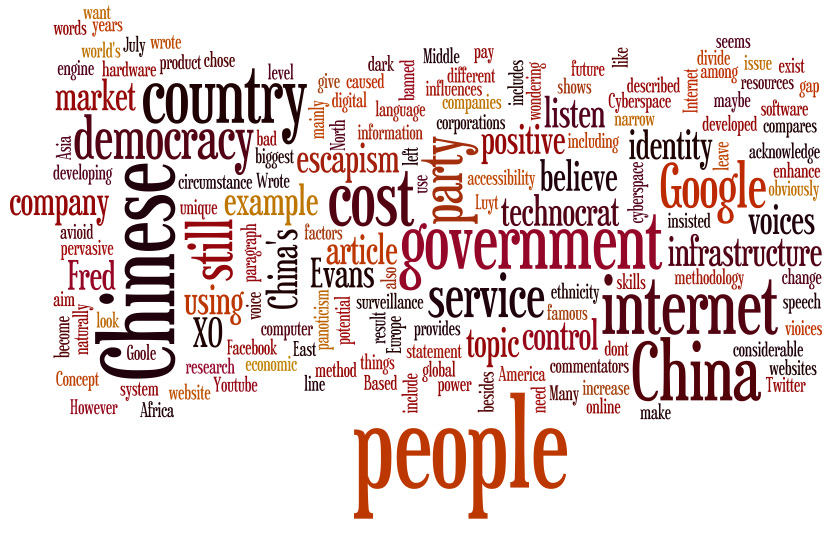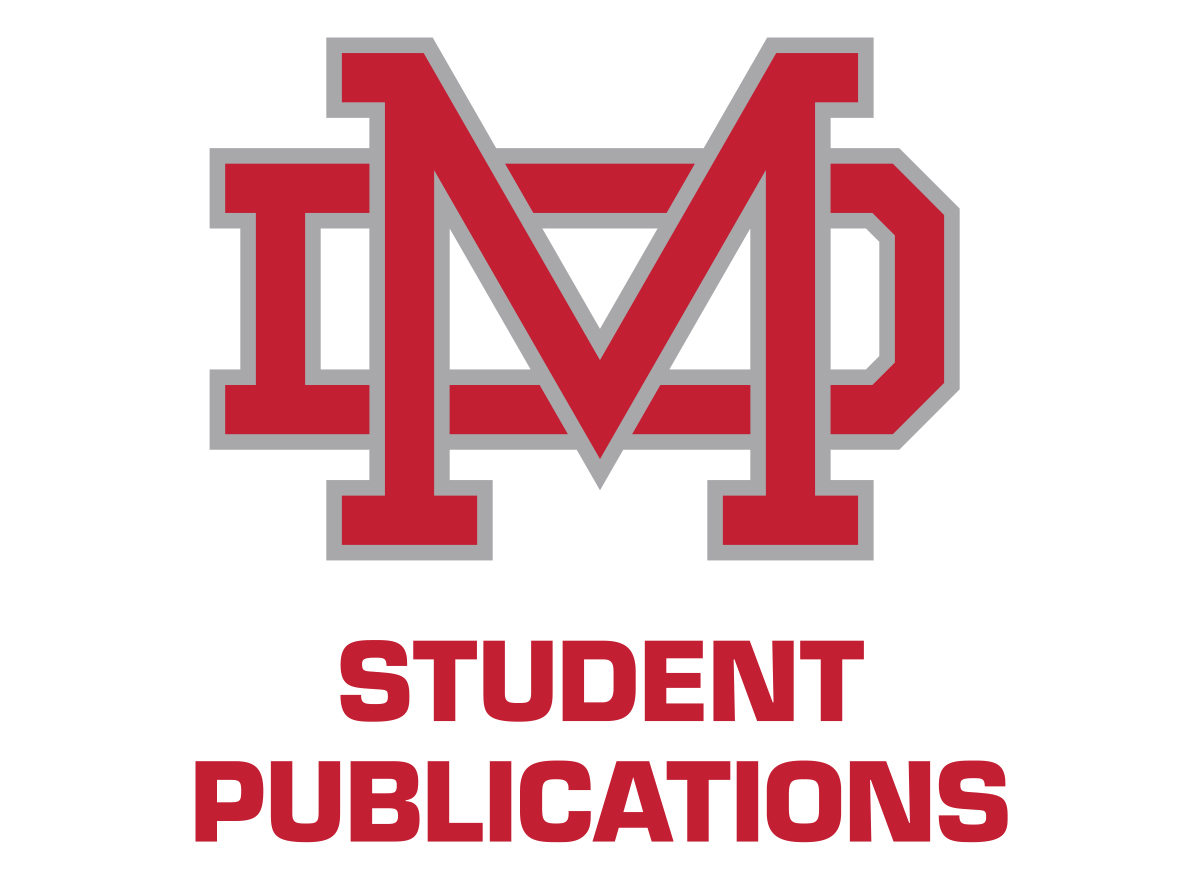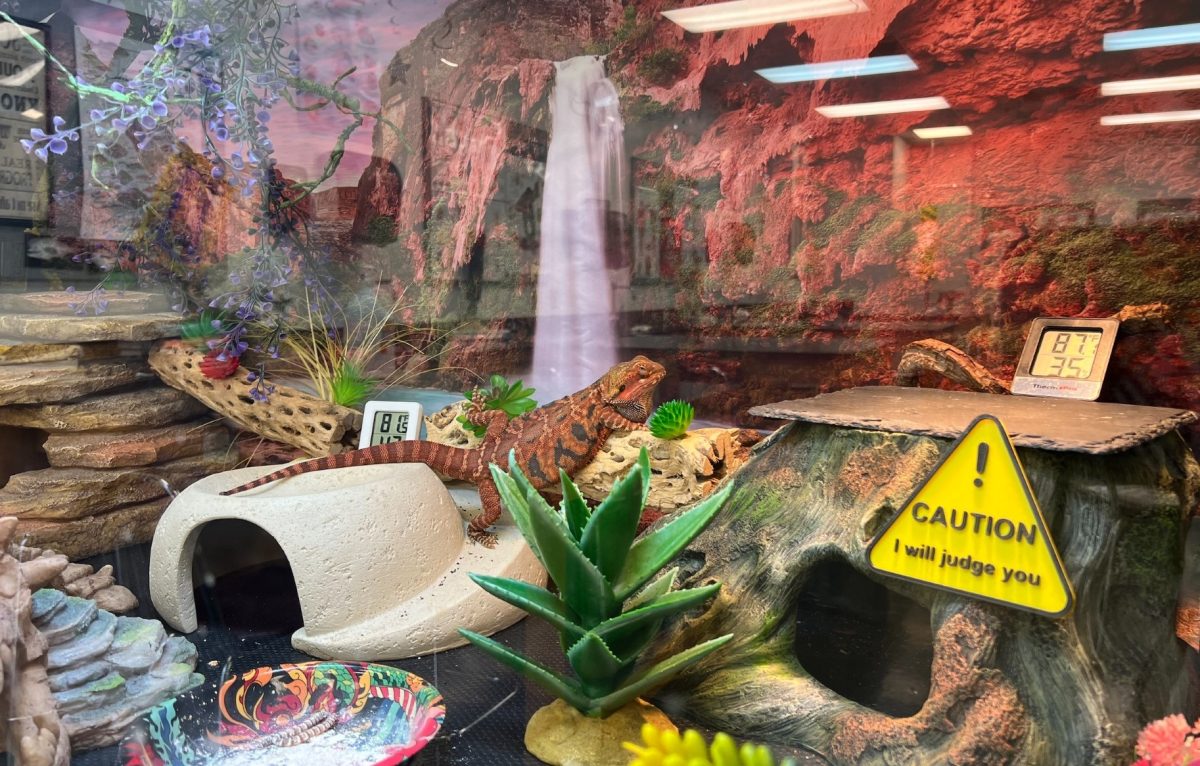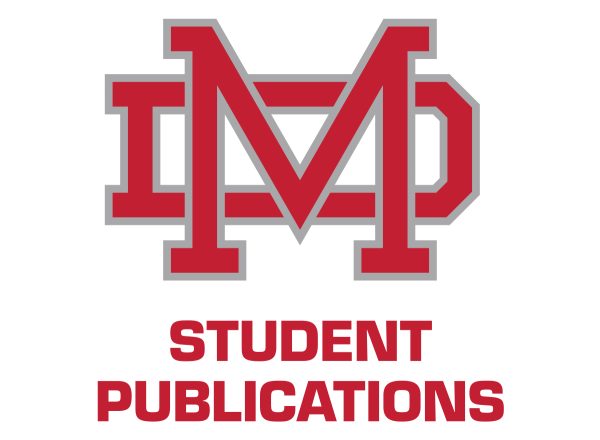Political Glossary
December 6, 2016
Candidates have their own jargon, a special language that only politifreaks speak. But, with the status of our current election, it is crucial to understand the key terms that circulate this election. But not to worry, the most important of them are below:
Campaign: When a person runs for political office, the candidate launch a campaign to get them elected.
Candidate: Person running for political office.
Caucus: An informal meeting at which potential voters and candidates (or their representatives) talk about the issues and their preferred candidate, and then decide which candidate they support and which delegates to send to their political party’s convention. Not every US state has caucuses.
Clinton, Hillary: The Democratic Nominee for President. Clinton is the Former First Lady of Arkansas, former First Lady of the United States from 1993 to 2001, New York Senator from 2001 to 2009, and Secretary of State 2009 to 2013.
Conservative: People who generally like to uphold current conditions and oppose changes. Conservatives are often referred to as the right wing.
Convention: Each party holds a convention to endorse their nominee for president. Conventions are usually held in the summer before the election.
Debate: An official place where candidates are asked questions about their policies.
Delegate: A person who is chosen to represent a local political party at a political convention.
Democratic Party: A major political party. The party’s symbol is a donkey.
Election Day: The day in which registered voters vote on measures
Electoral College: Composed of delegates from each state (plus the District of Columbia). (The number of delegates from each state is equal to the sum of that state’s Senators plus Representatives.) According to the US Constitution, the electors (chosen by popular vote) assemble in their respective state capitals on the first Monday after the second Wednesday in December and vote for president. Electors are supposed to vote for the candidate who received a plurality of votes in the state or area they represent. To become president, a candidate must get more than half of the Electoral College votes (270 out of 538 votes).
Exit Poll: An informal poll taken as people leave the voting booth. Exit polls are used to predict the outcome of the election before the polls are closed.
Front Runner: The candidate that is winning in the election before the election day.
General Election: The election where voters vote for the President of the United States.
Green Party: A smaller political party, branched off the left side. The Green Party is progressive party, believing in social justice and nonviolence.
Hanging Chad: A chad is a tiny bit of paper that is punched from a ballot using a punch-type mechanical voting machine. A hanging chad is a chad that did not completely detach from the ballot. When there is a hanging chad, that vote may not be counted correctly.
Incumbent: Used when the president is running for reelection. Incumbent is the person in office if the he/she is running for reelection.
Independent: Not associated with either party, in the middle.
Liberal: People who generally like to reform current conditions. Liberals are often referred to as the left wing.
Libertarian Party: A political party that believes in ‘promoting civil liberties, non-interventionism, laissez-faire capitalism and the abolition of the welfare state.’ (Wikipedia).
Platform: A candidate’s beliefs, policies on issues.
PAC: Stands for Political Action Committee. PACs give money to a candidate in the hope to influence the candidate.
Popular Vote: The result of the voters on election day. The second part is the Electoral Vote. A candidate needs both to win the election.
Proposition: A measure to be voted on by the voters on election day.
Popular Vote: The result of the votes of the eligible voters. The winner of the popular vote usually wins the election (but not always – sometimes the outcome of the vote of the Electoral College is different).
Primary Election: an election that chooses a political party’s candidate for office. The winning candidates from each party will later go up against each other in the general election.
Protest Vote: a vote for a third party candidate in protest of the two major party candidates.
Republican Party: A major political party also known as the G.O.P. (standing for the Grand Old Party). The symbol of the Republican party is the elephant.
Soft Money: Money that is given to a political party but is not given specifically to support a particular candidate. This money is supposed to be used for purposes such as voter registration drives, administrative costs and general political party expenses, but is often used by the parties to help particular candidates.
Superdelegate: A special delegate chosen by the party (not elected); their convention vote is not bound by the popular vote or caucus votes. Super delegates are seated because of their position in the party or government, or are chosen by their state party. Democrats have superdelegates.Found in the Democratic Party. A special voter who is chosen by the party. Their vote at the convention.
Super Tuesday: A day where states hold their first primaries
Straw Vote: An unofficial ballot conducted as a test of opinion
Swing States: States’ whose electoral votes can sway to either side because of its prior voting history. These 11 states include, Ohio, Iowa, Florida, Colorado, Michigan, Nevada, New Hampshire, North Carolina, Pennsylvania, Virginia and Wisconsin.
Swing Voters: voters who do not have a specific party
Trump, Donald: Republican Nominee for President of the United States. Trump has never held any government position prior to his campaign.
Vote: A way to show your support and preference on the elected leader/ initiative
26th Amendment: The Amendment that permits people 18 and older to vote
270 votes: The number of electoral votes needed to win the electoral college
For more information, visit http://www.enchantedlearning.com/election/glossary.shtml









